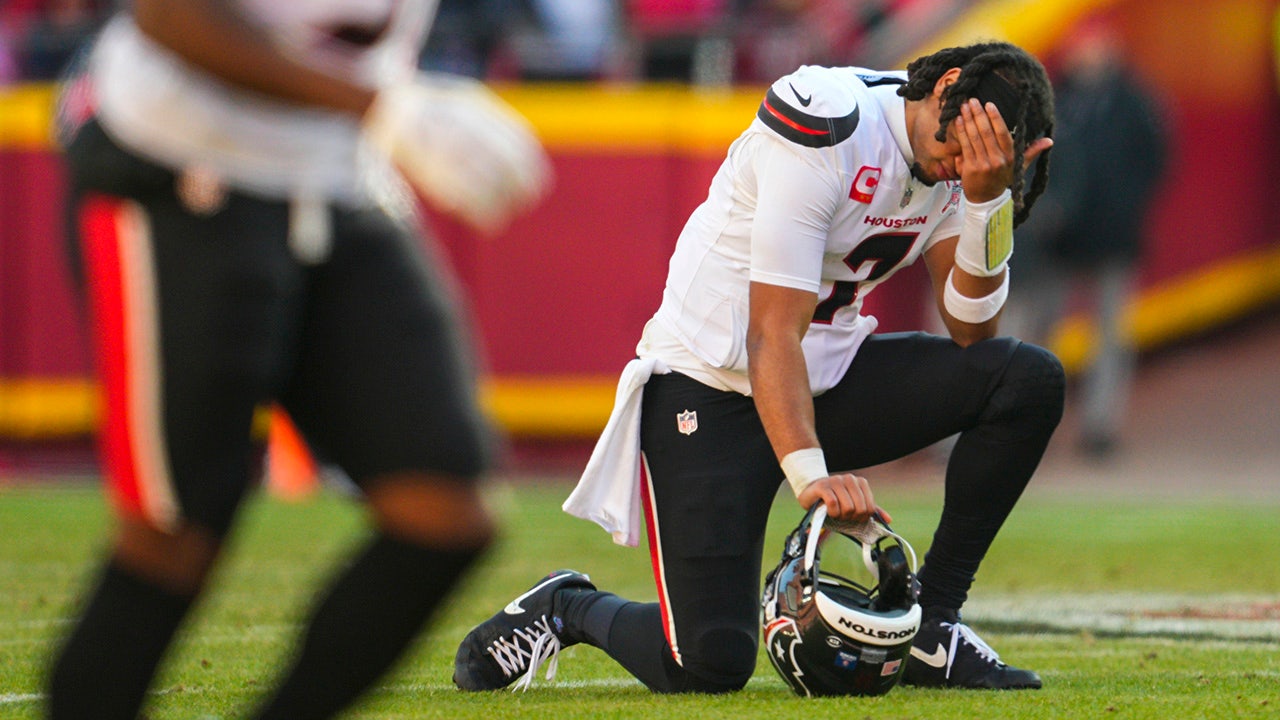Despite the cooling market, many homeowners made money selling their property in 2022 — and part of that windfall may be taxable.
Home sellers made a $112,000 profit on the typical sale in 2022, a 21% increase from 2021, and a 78% jump from two years ago, according to ATTOM, a nationwide property database.
While most sellers fall under the thresholds for capital gains taxes, high-dollar home sales or long-term ownership can trigger an unexpected bill, experts say.
Here’s how it works: Home sales profits are considered capital gains, with federal tax rates of 0%, 15% or 20%, depending on your 2022 taxable income. (You calculate “taxable income” by subtracting the greater of the standard or itemized deductions from your adjusted gross income.)
As a single home seller, you can exclude up to $250,000 of your profit from capital gains taxes and you can shield up to $500,000 as a married couple filing together, assuming you meet certain IRS rules.
However, you may owe capital gains taxes if your home profit exceeds those thresholds.
“It can be a pretty sizable tax burden for people who are not aware of it,” especially those with a lot of appreciation and embedded gains, said certified financial planner Anjali Jariwala, founder of FIT Advisors in Redondo Beach, California. She is also a certified public accountant.
How to qualify for $250,000 or $500,000 exemptions
Most sellers’ profits fall under the $250,000 or $500,000 capital gains exemptions, but there are specific rules to qualify, said Mark Steber, Jackson Hewitt’s chief tax information officer.
The first rule: You must meet the “ownership test,” he explained, which requires that you’ve owned the property for at least two of the last five years before the sale.
There’s also a “residence test” that says the home must have been your “primary principal residence” for at least two of the past five years. But “it doesn’t have to be continuous,” Steber said.
“You get this break as many times as you want,” he said, as long as it’s been at least two years since the last time you claimed the exemption.
The IRS does have some exceptions to the eligibility tests, including specific guidance for cases of separation or divorce, widowed taxpayers, service members and more, outlined here.
Increase your home’s ‘basis’ to reduce tax liability
Many home sellers don’t realize there’s potential to reduce profits — and possibly lower capital gains — by increasing their property’s purchase price, known as “basis,” according to Jariwala.
“Your purchase price of the home is the starting point for your basis,” she said, explaining you can tack on the cost of “capital improvements.”
“If someone has had their home for 10 years and they’re selling it, they may have forgotten improvements they’ve made,” such as replacing the roof or putting in new floors, Jariwala said.
It’s really important to make sure you are keeping documentation of all the things you’ve done to your home over the years.
Anjali Jariwala
Founder of FIT Advisors
“It’s really important to make sure you are keeping documentation of all the things you’ve done to your home over the years,” she said.
However, you can’t include repairs and maintenance, like painting or fixing leaks, because these activities don’t add value or prolong the home’s life.
And when you’re calculating your home sales profit, you can back out the expenses incurred to sell your home, such as the agent’s commissions or costs to fix up the property before selling, Jariwala said.
If you’re planning to sell in the future, you can start getting organized with receipts to determine exactly which expenses may reduce your profits, she suggested. Otherwise, you may be scrambling to figure out your basis before the tax deadline.
“You just may not have enough time to gather everything you want, and then you’re leaving money on the table,” she said.
Of course, if you’re expecting a sizable gain, you may also consider the timing of the sale based on your expected income for the year or leverage strategies to offset the tax liability. “You really have to look at the [tax] return holistically,” Jariwala added.















































